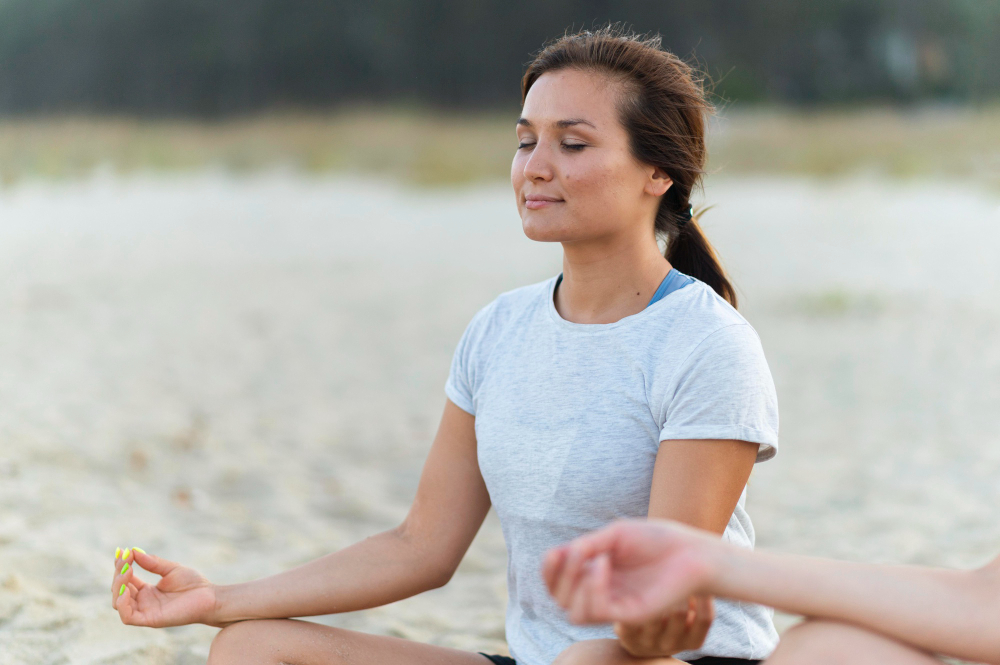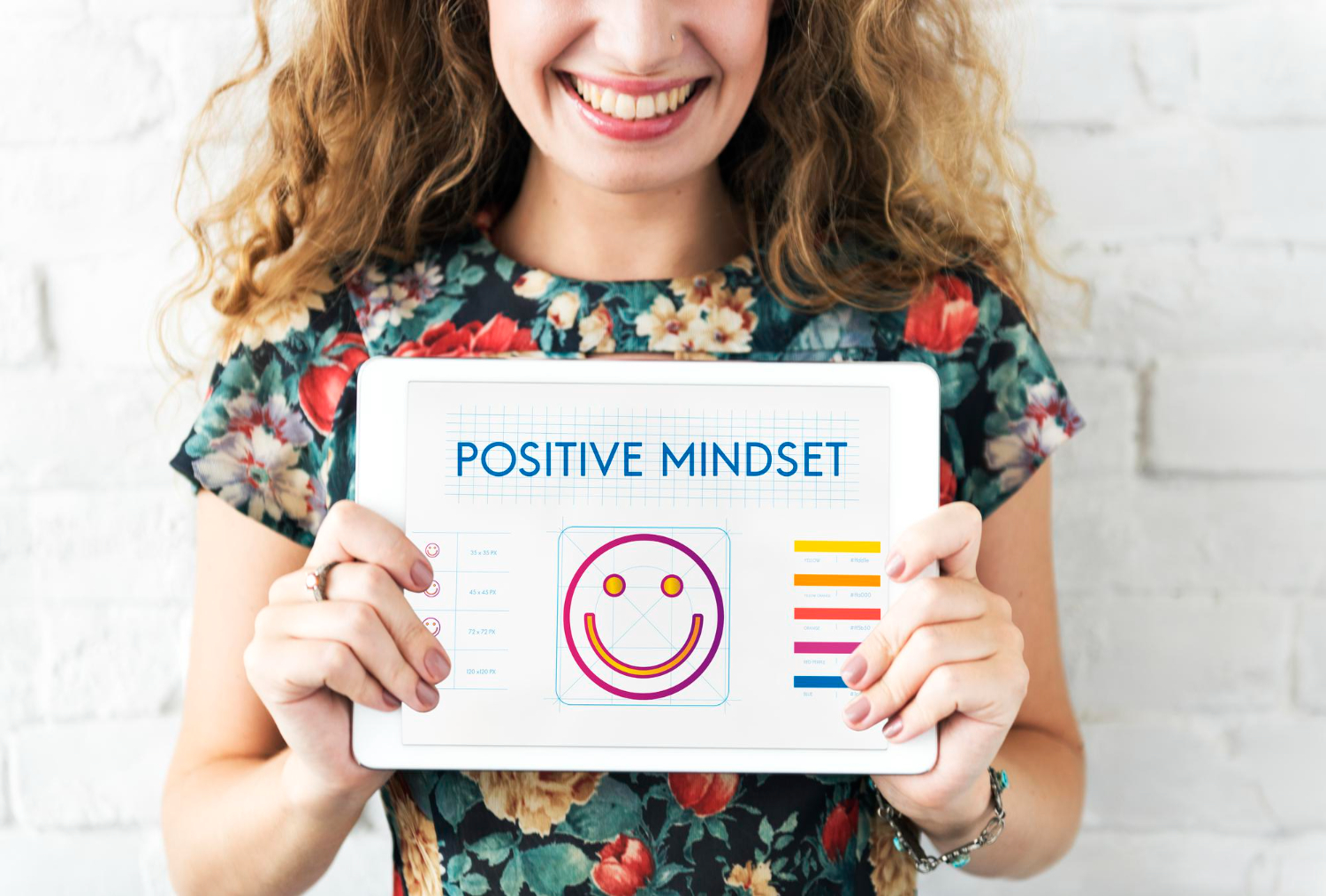In today’s world, prioritizing wellness has become crucial for both physical and mental health. The guide is designed to empower young individuals with essential practices that contribute to feeling good, both inside and out. Let’s explore the key components of this blueprint for a healthier and happier life.
Mindful Movement and Exercise
Regular physical activity is not just about staying fit; it’s a powerful tool for managing stress, boosting mood, and improving overall well-being. You should emphasize the importance of finding enjoyable and sustainable forms of exercise, whether playing a sport, dancing, or engaging in yoga. Movement not only benefits the body but also supports mental clarity and emotional balance.
Nutrition for Nourishment

A well-balanced and nourishing diet is foundational to youth wellness. Focus on whole, nutrient-dense foods, emphasizing fruits, vegetables, lean proteins, and whole grains. Understanding the impact of nutrition on energy levels, mood, and cognitive function empowers young individuals to make informed choices that support their overall health.
Mindfulness and Stress Management
The demands of modern life can often lead to stress and feeling overwhelmed. Engage in mindfulness practices, such as meditation and deep breathing exercises, to help manage stress and promote mental resilience. Cultivating mindfulness allows youth to navigate challenges with a greater sense of calm and focus.
Quality Sleep Habits

Adequate and restful sleep is a non-negotiable aspect of youth wellness. Healthy sleep habits, including consistent bedtimes, create a conducive sleep environment. Quality sleep is essential for cognitive function, emotional well-being, and overall vitality.
Social Connection and Support
Building and maintaining positive relationships is a crucial component of feeling good. Social connections provide emotional support, reduce feelings of isolation, and contribute to a sense of belonging. Encouraging open communication, fostering empathy, and cultivating healthy relationships are essential for promoting social well-being.
Mind-Body Practices

Integrating mind-body practices, such as yoga or tai chi, into daily routines fosters a holistic approach to wellness. These practices emphasize the connection between physical and mental well-being, promoting flexibility, balance, and a sense of inner calm.
Digital Well-being
Balancing screen time, setting boundaries on social media usage, and practicing digital detoxes contribute to maintaining a healthy relationship with technology and reducing potential negative impacts on mental health.
Continuous Learning and Growth
Engaging in activities stimulating curiosity, creativity, and a sense of accomplishment contributes to positive self-esteem and a resilient mindset. Whether through academic pursuits, hobbies, or skill development, the journey of self-improvement is a lifelong aspect of wellness.
Conclusion
The Youth Wellness Blueprint is a comprehensive guide for young individuals seeking to prioritize their well-being. By integrating mindful movement, balanced nutrition, stress management, quality sleep, social connection, mind-body practices, digital well-being, and a commitment to continuous learning, youth can build a foundation for a healthy and fulfilling life. Empowered with these essential practices, the journey toward feeling good becomes a conscious and intentional path, fostering resilience, vitality, and overall wellness.

